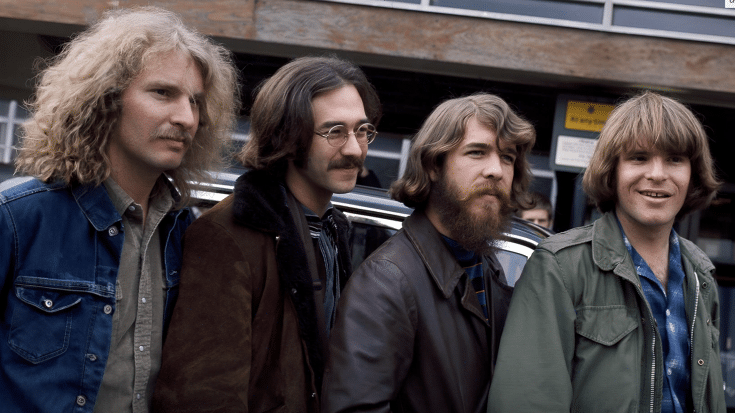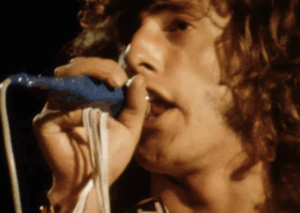6 Classic Rock Bands from the 70s That Went Out on Bad Terms

via Isolated Tracks / YouTube
The 1970s saw the rise of many iconic rock bands. However, not all of them ended their careers smoothly. Here are six classic rock bands from that era that parted ways under difficult circumstances.
1. The Beatles
View this post on Instagram
The Beatles, formed in 1960, became one of the most influential bands in history. By 1970, internal conflicts and personal differences led to their breakup. John Lennon’s relationship with Yoko Ono and managerial disputes contributed to the tension. Paul McCartney announced his departure, marking the end of the band.
Despite their success, the members struggled with creative disagreements. George Harrison felt overshadowed, and Ringo Starr temporarily left during recording sessions. These issues, combined with external pressures, made it challenging for the band to continue together.
2. Creedence Clearwater Revival
View this post on Instagram
Creedence Clearwater Revival (CCR) gained fame in the late 1960s with hits like “Bad Moon Rising.” By 1972, disputes over leadership and artistic direction caused rifts among members. Tom Fogerty left in 1971, and the remaining trio released one more album before disbanding.
John Fogerty’s dominant role led to resentment within the group. The lack of collaboration and mounting tensions made it difficult for CCR to function cohesively, ultimately leading to their split.
3. The Everly Brothers
View this post on Instagram
The Everly Brothers, known for their harmonies, faced personal and professional challenges. In 1973, during a performance in California, Don Everly appeared intoxicated, leading to a subpar show. Frustrated, Phil Everly smashed his guitar and left the stage, signaling their breakup.
Their relationship had been strained due to constant touring and differing priorities. This incident was the culmination of years of tension, resulting in their separation.
4. The Band
View this post on Instagram
The Band, celebrated for their collaboration with Bob Dylan, began experiencing internal strife by the mid-1970s. Robbie Robertson felt that other members’ personal issues and lack of commitment were hindering progress. This discord led to their farewell concert, “The Last Waltz,” in 1976.
Substance abuse and conflicting visions for the group’s future contributed to their disbandment. Despite their musical achievements, these challenges proved insurmountable.
5. The Eagles
View this post on Instagram
The Eagles achieved great success with songs like “Hotel California.” However, by 1980, internal conflicts, particularly between Glenn Frey and Don Felder, escalated. Tensions peaked during a concert that year, leading to their breakup.
Creative differences and personal animosities made collaboration increasingly difficult. The band’s environment became toxic, prompting members to pursue solo endeavors.
6. Simon & Garfunkel
View this post on Instagram
Although primarily a folk duo, Simon & Garfunkel’s influence on ’70s rock is undeniable. Their partnership was fraught with tension, stemming from artistic disagreements and personal differences. Following the release of “Bridge Over Troubled Water” in 1970, they parted ways.
Paul Simon’s desire for creative control and Art Garfunkel’s acting pursuits widened the rift. Their differing ambitions made it challenging to maintain their collaboration.












